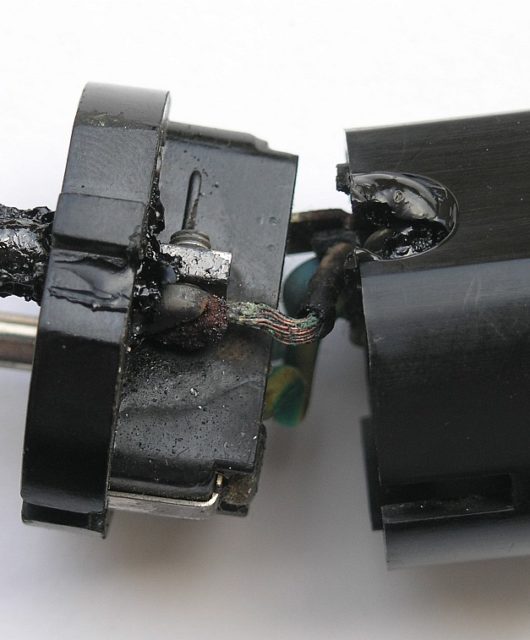6 Ways To Budget Better
Budgeting may not be the most appealing topic of conversation, but it’s one of the most important subjects around. With so many Australians struggling with financial insecurity and instability, there’s never been a better time to talk about how to budget effectively. The right budgeting strategy could transform your financial life, leaving you better off for years to come. What could be more important than that? Saving money will become easier as you improve your budgeting habits, freeing cash up to be invested elsewhere.

- Get expert advice. It’s difficult to know how to face your finances when you don’t have much experience in this area. You’re not alone in that – most of us aren’t financial geniuses. Fortunately, there are people available who can help you out. Think Money reviews your current financial circumstances, examines your debts, suggests solutions and gives you strategies to grow your wealth. They have a team of expert financial planners and investment specialists who can guide you in the right direction, helping you organise your budget so you’re set up for a prosperous future.
- TTrack your spending habits. It’s difficult to know where your budget stands if you don’t know where your money is going. Track your spending carefully with a personal finance tool for at least a week and keep a meticulous record of every cent that leaves your purse. This will uncover all of those sneaky expenses that you haven’t noticed, and give you a clear picture of your overall spending habits.
- Categorise your spending. Your budget should be divided up into clear and distinctive categories – the more specific, the better. When you do your analysis of the week you tracked, break the list of expenses down into various categories such as entertainment, petrol, food, and so on. Be realistic about the percentages of your budget, but try to limit the expenditure in certain categories. This will vary depending on your particular budget size and lifestyle.
- Budget your debts. Make sure you have a clear area of your budget marked off for debt repayments. If you feel that there isn’t room in your budget to meet all of these repayments, it may be time to cut down on the size of some of your other budget categories. For example, frivolous spending like meals out and that quick latte on the way to work could probably be cut out to make room for debt repayments. You can speak to Think Money if you have any concerns about managing your debt, and they’ll help you to formulate an achievable consolidation or reduction strategy.
- Get the whole family on board. Once you’ve developed a budget plan for your household, make sure everyone involved is aware of the budget and committed to making it work. Involving your kids in budget planning is a great way to help them learn about personal financial planning, so let them see how the process works firsthand.
- Review regularly. Budgets should be flexible and subject to change at all times. If any shifts have occurred in your financial circumstances or expenses, go back to your budget and re-assess. You may find that there are new opportunities to save money in the future, and hopefully more room in your budget to make adjustments.
For more information, please visit









